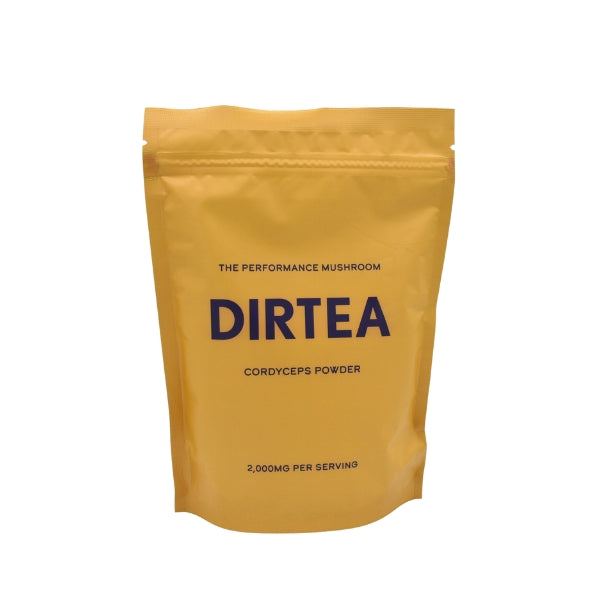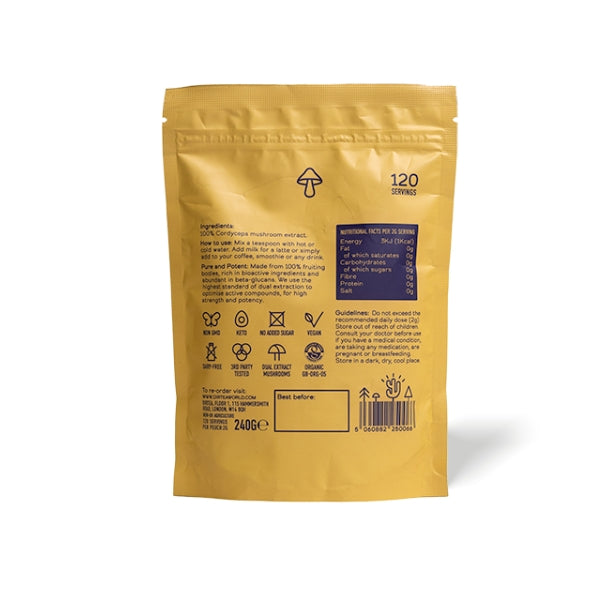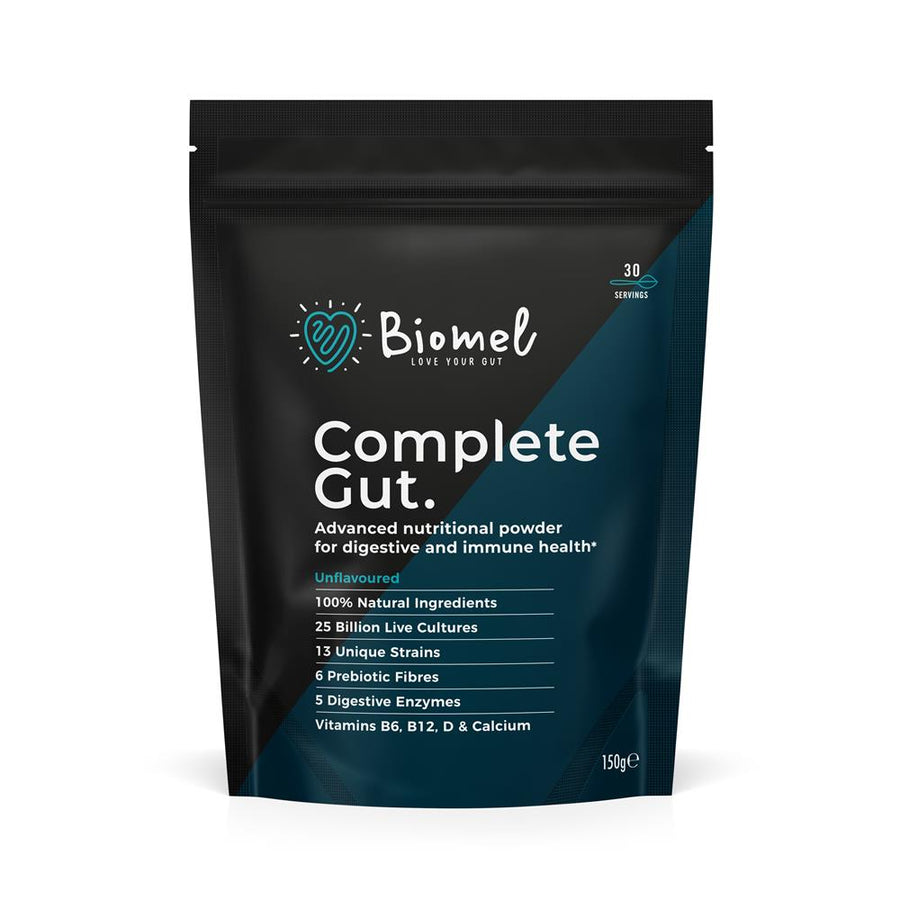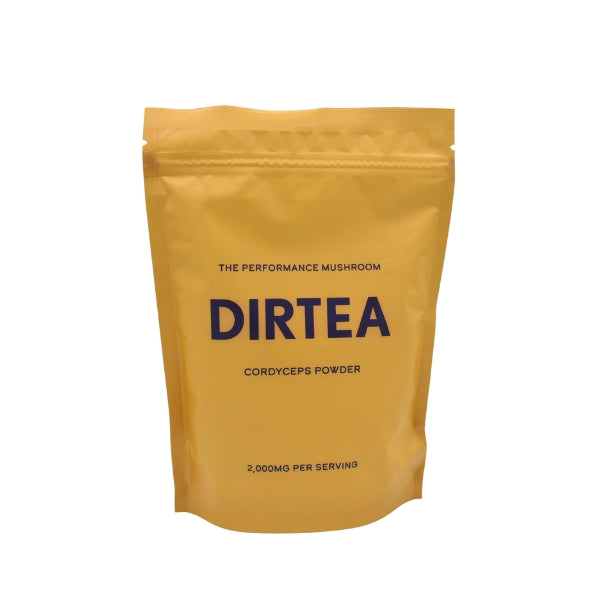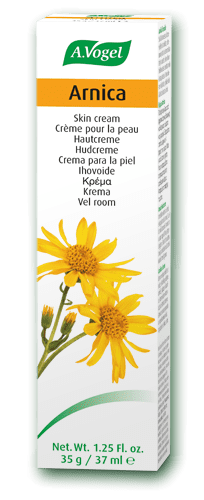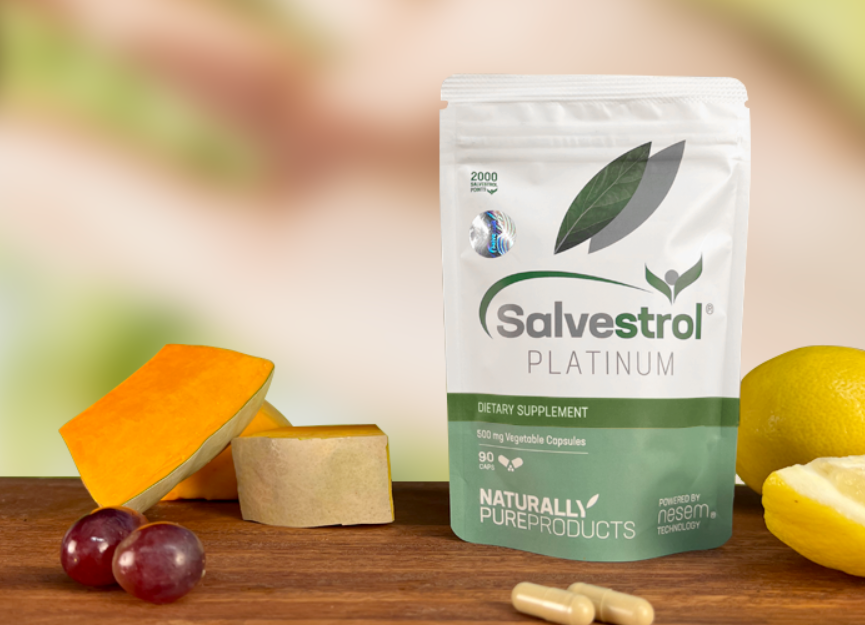The Comprehensive Guide to Joint Care Supplements
Enhance Your Mobility & Support Your Joints
Joint care is an essential aspect of maintaining overall health and mobility, especially as we age. Poor joint health can lead to pain, stiffness, and reduced mobility, impacting our ability to carry out daily activities and enjoy life to its fullest. Joint care supplements can play a vital role in supporting joint health and reducing the risk of joint-related issues. This comprehensive guide will explore the benefits, types, and effectiveness of various joint care supplements available on the market.
Understanding the Importance of Joint Health:
Before delving into the world of joint care supplements, it's important to understand the significance of joint health. Joints are the connecting points between our bones, and they facilitate movement and provide support. Healthy joints are crucial for mobility and maintaining an active lifestyle.
Factors such as age, injury, obesity, and genetic predisposition can contribute to joint issues. These factors can lead to conditions such as osteoarthritis, rheumatoid arthritis, and other joint disorders that cause inflammation, pain, and reduced range of motion.
Taking proactive measures to support joint health can help alleviate these issues and maintain mobility. Joint care supplements are one such measure, working in conjunction with a balanced diet, regular exercise, and weight management to promote overall joint health.
Common Ingredients in Joint Care Supplements:
Various ingredients are used in joint care supplements, each with its unique benefits and properties. Here, we'll discuss some of the most common ingredients and their potential advantages:
Glucosamine
Glucosamine is a naturally occurring compound found in the body, particularly in the cartilage that cushions our joints. It plays a vital role in the maintenance and repair of joint cartilage. Supplemental glucosamine, typically sourced from shellfish or synthesized in the lab, is one of the most popular joint care ingredients. Research suggests that it may help relieve joint pain, reduce inflammation, and slow the progression of osteoarthritis.
Chondroitin
Chondroitin is another naturally occurring compound found in the cartilage and connective tissue. It helps maintain the structural integrity of cartilage and promotes joint flexibility. When combined with glucosamine, chondroitin may enhance the effectiveness of joint care supplements. Studies indicate that chondroitin can help reduce joint pain, improve joint function, and slow the progression of osteoarthritis.
Methylsulfonylmethane (MSM)
MSM is an organic sulfur compound that occurs naturally in certain foods and is also available as a dietary supplement. It is believed to possess anti-inflammatory properties and has been used for various health purposes, including joint care. Research suggests that MSM may help reduce joint pain and stiffness, especially in individuals with osteoarthritis.
Turmeric/Curcumin
Turmeric, the golden spice commonly used in Indian cuisine, contains an active compound called curcumin. Curcumin has potent anti-inflammatory and antioxidant properties, which may benefit joint health. Studies have shown that curcumin can help reduce pain, inflammation, and stiffness in individuals with joint issues such as osteoarthritis and rheumatoid arthritis.
Omega-3 Fatty Acids
Omega-3 fatty acids, commonly found in fatty fish like salmon, mackerel, and sardines, have been widely studied for their numerous health benefits. One such benefit is their anti-inflammatory effect, which can help alleviate joint pain and inflammation. Fish oil supplements are a popular source of omega-3 fatty acids and can provide a convenient way to support joint health.
Collagen
Collagen is the primary protein found in connective tissue, including cartilage, tendons, and ligaments. It is essential for maintaining the strength and elasticity of these tissues. Collagen supplements, typically derived from animal sources such as fish or bovine, have gained popularity for their potential joint health benefits. Research indicates that collagen supplementation may help improve joint pain, stiffness, and function, particularly in individuals with osteoarthritis or those engaged in high-impact sports.
Hyaluronic Acid
Hyaluronic acid is a natural compound present in the body, especially in the synovial fluid that lubricates and cushions our joints. It helps maintain joint health by providing shock absorption and reducing friction between joint surfaces. Hyaluronic acid supplements may help improve joint pain, mobility, and overall joint health, especially for those with osteoarthritis.
Choosing the Right Joint Care Supplement
With various joint care supplements on the market, it can be challenging to determine which one is the best fit for your needs. Here are some factors to consider when selecting a joint care supplement:
Ingredients: Look for a supplement containing a combination of the aforementioned ingredients, such as glucosamine, chondroitin, MSM, turmeric, omega-3 fatty acids, collagen, or hyaluronic acid. Each ingredient offers unique benefits, and a combination may provide comprehensive joint support.
Quality: Opt for high-quality supplements from reputable manufacturers. Look for third-party testing and certification to ensure the product's safety, purity, and potency.
Form: Joint care supplements are available in various forms, including tablets, capsules, powders, and liquids. Choose a form that best suits your preferences and lifestyle.
Dosage: Follow the recommended dosage guidelines provided by the manufacturer. Consult with a healthcare professional if you are unsure about the appropriate dosage for your needs.
Allergies and Sensitivities: Be mindful of potential allergies or sensitivities to certain ingredients, particularly if the supplement contains shellfish-derived glucosamine or animal-sourced collagen.
Lifestyle Factors to Support Joint Health:
In addition to joint care supplements, implementing healthy lifestyle habits can help support overall joint health and mobility. Consider the following strategies:
Maintain a balanced diet rich in whole foods, including fruits, vegetables, lean proteins, and healthy fats. These nutrients provide the building blocks for maintaining strong joints and reducing inflammation.
Engage in regular physical activity, including a mix of low-impact exercises (such as swimming, cycling, or yoga) and strength training. Exercise can help maintain a healthy weight, build muscle strength, and improve joint flexibility.
Practice good posture and proper body mechanics during daily activities and when lifting heavy objects. This can help prevent undue stress on joints and reduce the risk of injury.
Manage stress through relaxation techniques, such as deep breathing, meditation, or mindfulness. Chronic stress can contribute to inflammation and negatively impact joint health.
Consult with a Healthcare Professional
Before starting a joint care supplement regimen, it is essential to consult with a healthcare professional, particularly if you have pre-existing health conditions, are pregnant or nursing, or are taking medications. A healthcare professional can provide guidance on the appropriate supplements and dosages for your needs and help monitor your progress.
Conclusion:
Joint care supplements can play a crucial role in supporting joint health and maintaining mobility as we age. By understanding the various ingredients and their benefits, selecting high-quality products, and implementing healthy lifestyle habits, you can proactively care for your joints and enjoy a more active and pain-free life.
